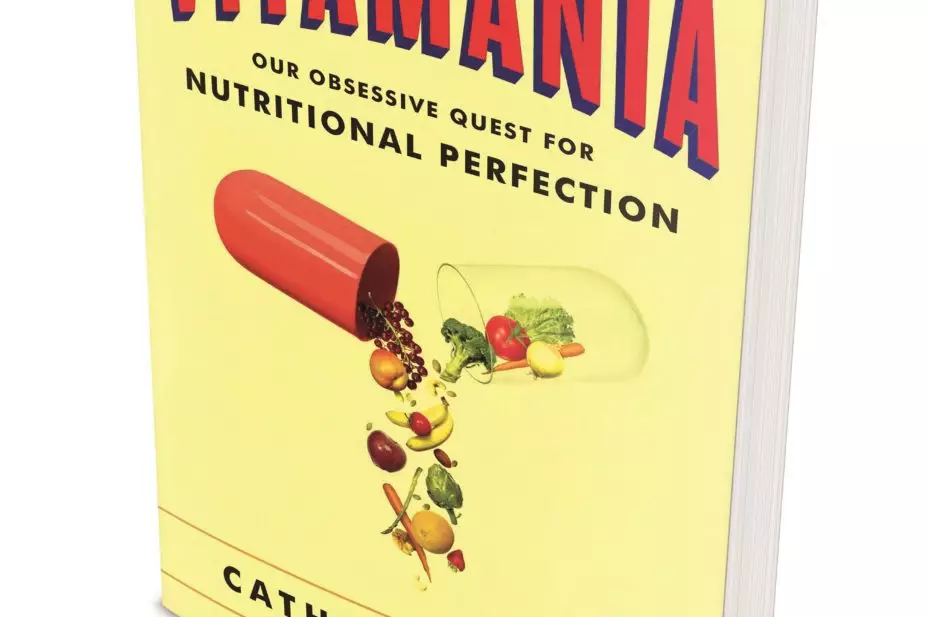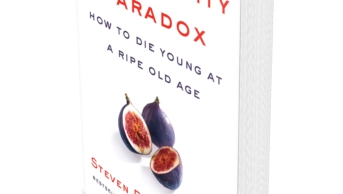
Many Americans have an obsession with vitamins and other dietary supplements, but still eat nutritionally poor diets. Writing in a brisk, humorous style, Catherine Price investigates why.
After tracing the discovery of vitamins and their actions, Price explains the long-term effects of nutritional deficiencies. She uses some well known stories about scurvy-ridden sailors and pellagra-inflicted prisoners, and some less familiar tales, such as the transgenerational epigenetic effects of the Dutch famine of 1944–1945.
Price’s investigation into the dietary supplement industry is aimed at lay readers rather than health professionals. Her lively account of the industry’s clashes with the US Food and Drug Administration, violations in good manufacturing practices and quality issues such as adulteration is both fascinating and disturbing. She reveals some surprising raw materials used to make synthetic vitamins, samples US Army ‘Meals, Ready to Eat’ and gives an entertaining report of her meetings with people in the supplement industry. Of more interest, she delves into the possible future role of nutritional genomics and discusses some unknowns about nutrition, such as the fact that an apple’s antioxidant activity is far higher than is possible with the antioxidants isolated from the fruit.
Price concludes that consumers seem to want the benefits of wholegrains, fruits and vegetables without actually having to eat them, even though there is plenty of evidence that good quality fresh food is better for us than eating enriched and fortified processed foods. This is not a new story but Price’s telling of it is compelling.
References
‘Vitamania: our obsessive quest for nutritional perfection’ by Catherine Price. Pp 336. Price £14.36. New York: Penguin Press; 2015. ISBN 978 1 5942 0504 0


